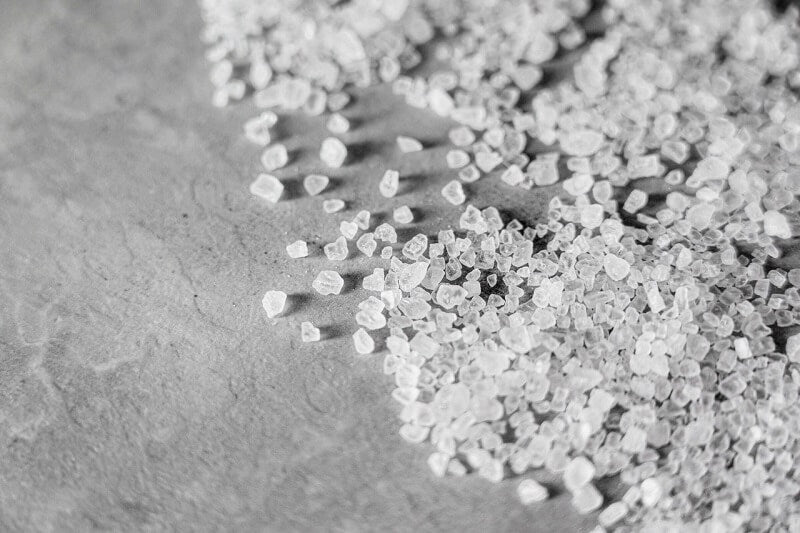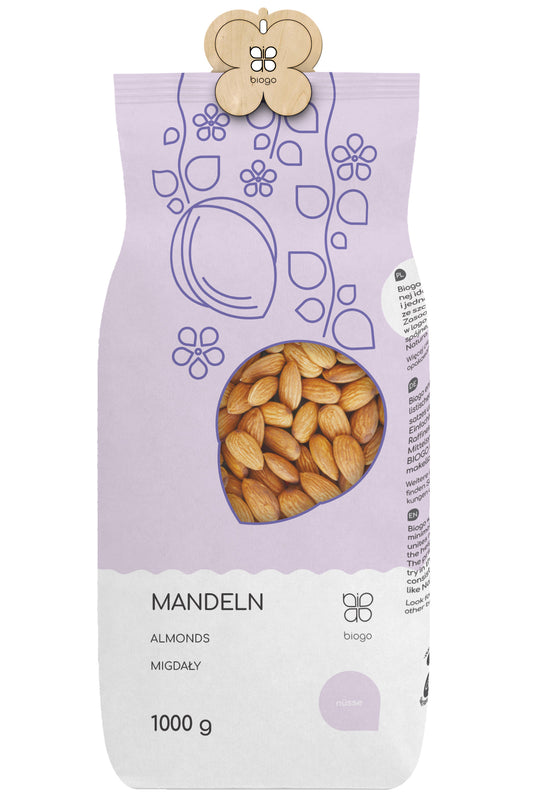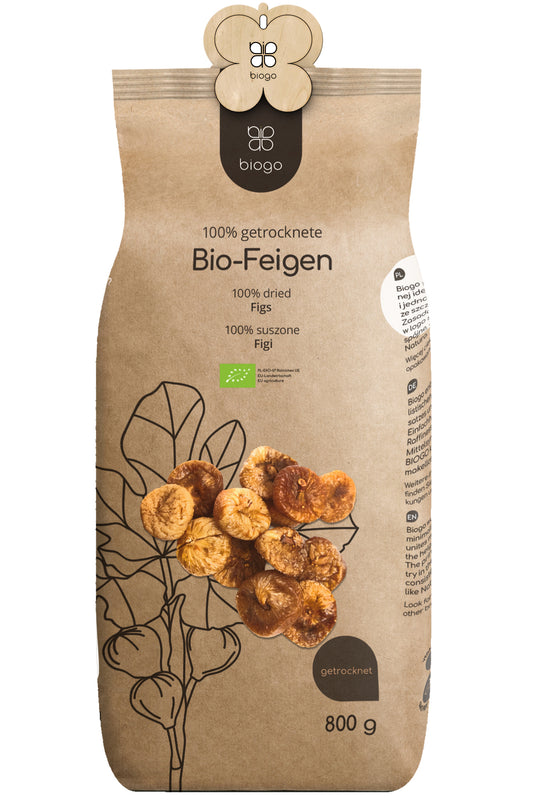- Salt: white death?
- simply with this sole, only
- Be careful with salt when...
- Sodium lurks everywhere!
"Salt is bad for your health": A more explicit and widely accepted statement among doctors and nutritionists would be hard to find. The problem is, it may not be true at all...
For decades, medical professionals have called salt the white death and called for a radical reduction in its share in the daily diet. However, recent research suggests that not only is the sodium in salt not as harmful as we previously thought, but that many people may not be affected by its high concentrations at all. The situation isn't helped by the fact that different health organizations list different "safe" daily amounts of salt in our diet. How does one find one's place in all this?
Salt : white death?
Salt—or more specifically, the sodium contained in table salt—is a substance that everyone should limit their intake of, especially those with circulatory problems. Because sodium contributes to increased blood pressure (albeit to varying degrees in different people), which in turn is a risk factor for conditions such as chronic hypertension and even heart attack, it has become common practice to recommend limiting salt intake in general. However, there is no convincing evidence that drastically reducing sodium intake actually protects against these diseases—and for some people, a low-sodium diet may even be harmful.
simply with this sole, only
There is no consensus among doctors that drastically reducing sodium intake is a good idea for everyone, but that doesn't mean we can all eat salty snacks freely, just that scientists can't figure out exactly who is allowed what dose would be considered harmful.
Be careful with salt when...
Most people won't experience any health problems even if they regularly consume more sodium than recommended. However, caution is advised for people suffering from high blood pressure, heart failure, and chronic kidney disease: These groups are most vulnerable to the negative consequences of elevated sodium levels. If you suffer from any of these conditions, you should ask your doctor how much sodium you can afford per day—which brings us to the most dangerous aspect of the whole issue.
Sodium lurks everywhere!
It's not that Poles and residents of other countries should add too much salt to their home-cooked meals, and our hands should tremble every time we add salt to soup. Excessive sodium consumption wouldn't be a major problem if large amounts of salt in various forms weren't added to even the smallest, seemingly suspect convenience foods. A good example is Coca-Cola, which balances a very high sugar concentration with a significant dose of sodium, resulting not only in a better taste but also in an even more unhealthy, addictive mix. So, don't torture yourself with bland, unseasoned home-cooked meals without a clear need for it; instead, pay close attention to the sodium content in convenience and highly processed foods!
THE PUBLISHER'S CHOICE
Dried dates 1 kg BIOGO
- £4.00
£5.00- £4.00
- Unit price
- / per
Almonds 1 kg BIOGO
- £11.00
£13.00- £11.00
- Unit price
- / per
Peeled sunflower seeds 1 kg BIOGO
- £3.00
£4.00- £3.00
- Unit price
- / per
Dried organic mango 400 g BIOGO
- £10.00
- £10.00
- Unit price
- / per
Dried White Mulberries 500 g ORGANIC
- £6.00
£7.00- £6.00
- Unit price
- / per
Popcorn (corn kernels) organic 1 kg BIOGO
- £6.00
- £6.00
- Unit price
- / per
Organic Ground Turmeric 500 g BIOGO
- £6.00
- £6.00
- Unit price
- / per
Milk thistle seeds 1 kg BIOGO
- £4.00
- £4.00
- Unit price
- / per
Dried organic figs 800 g BIOGO
- £27.00
- £27.00
- Unit price
- / per
Bag #changezbiogo Cotton v.2
- £3.00
- £3.00
- Unit price
- / per






































































































































